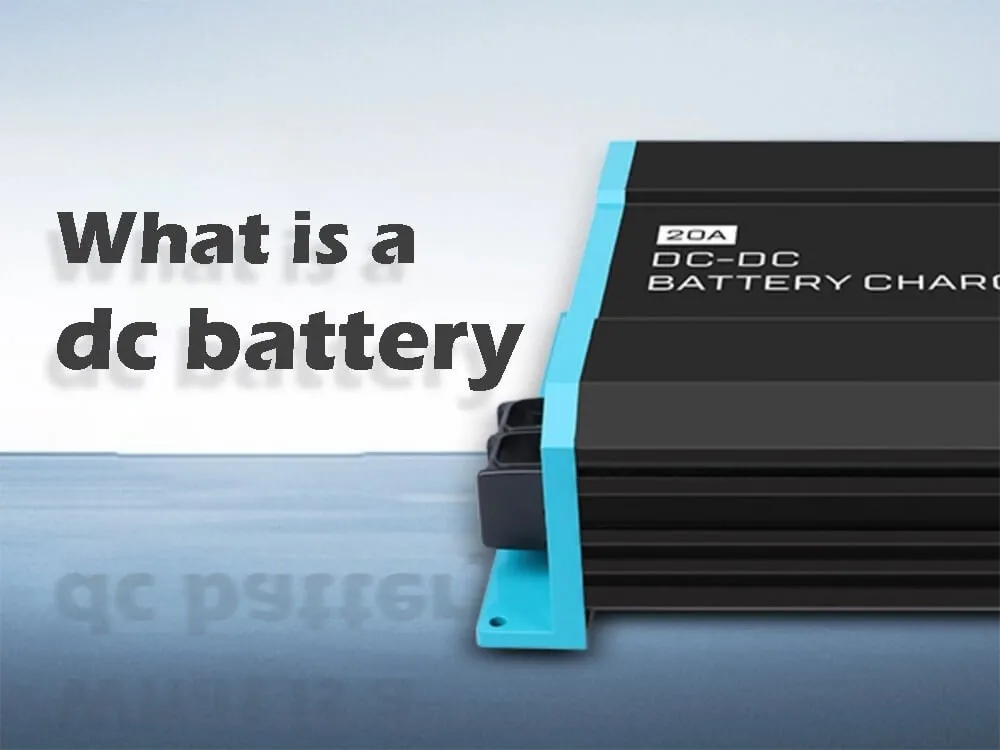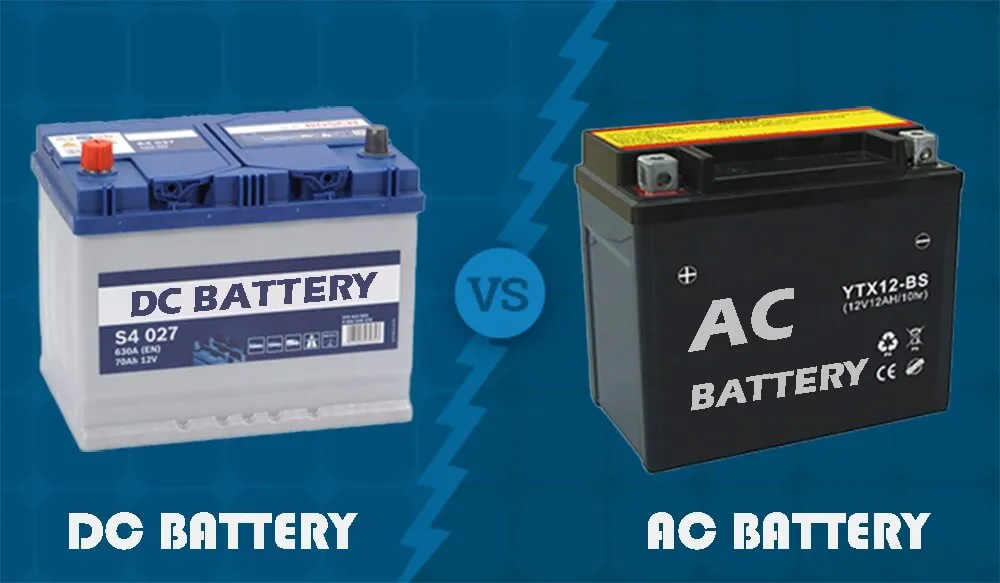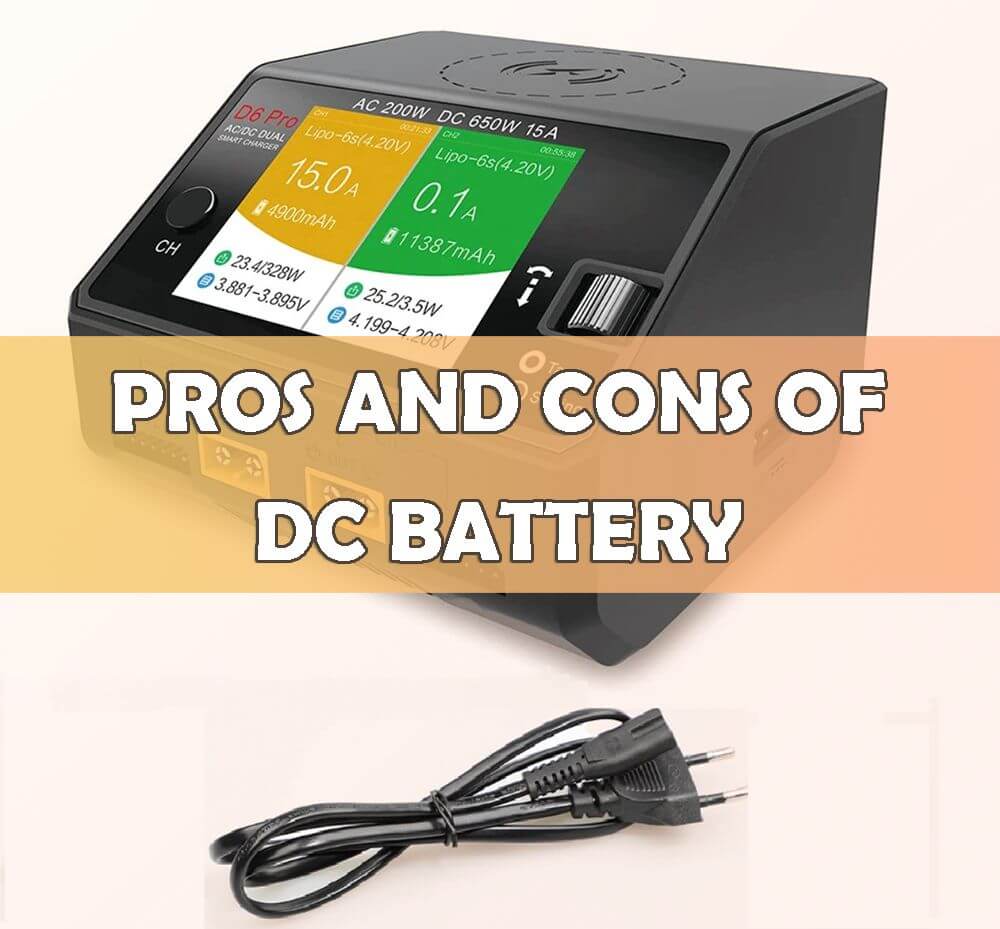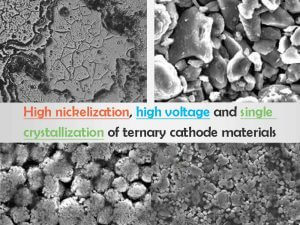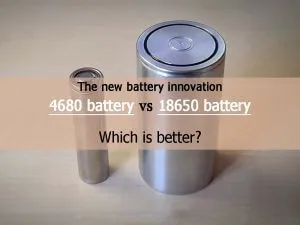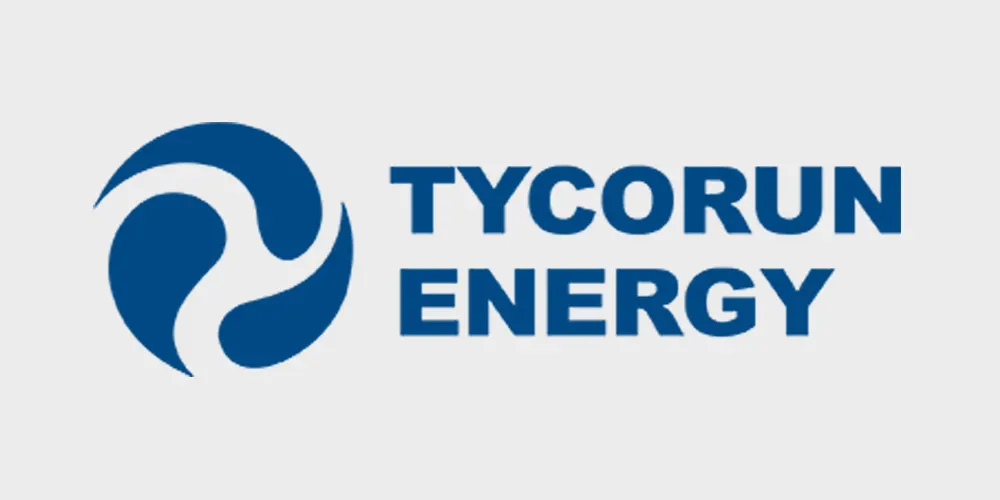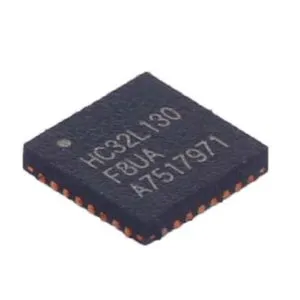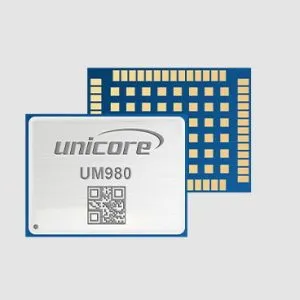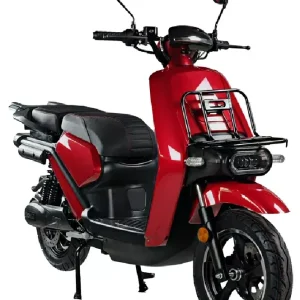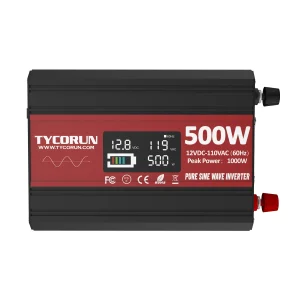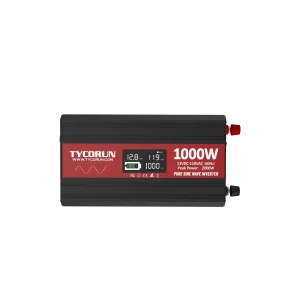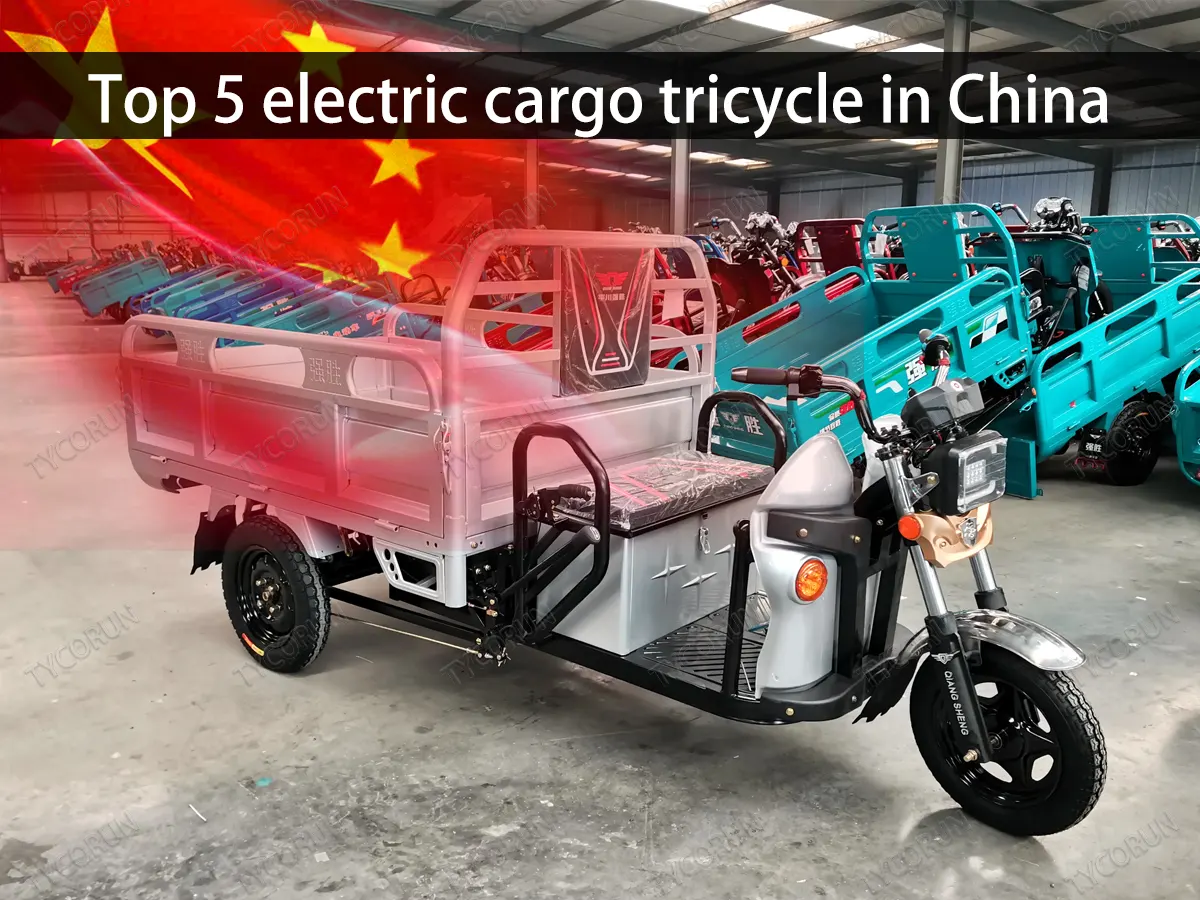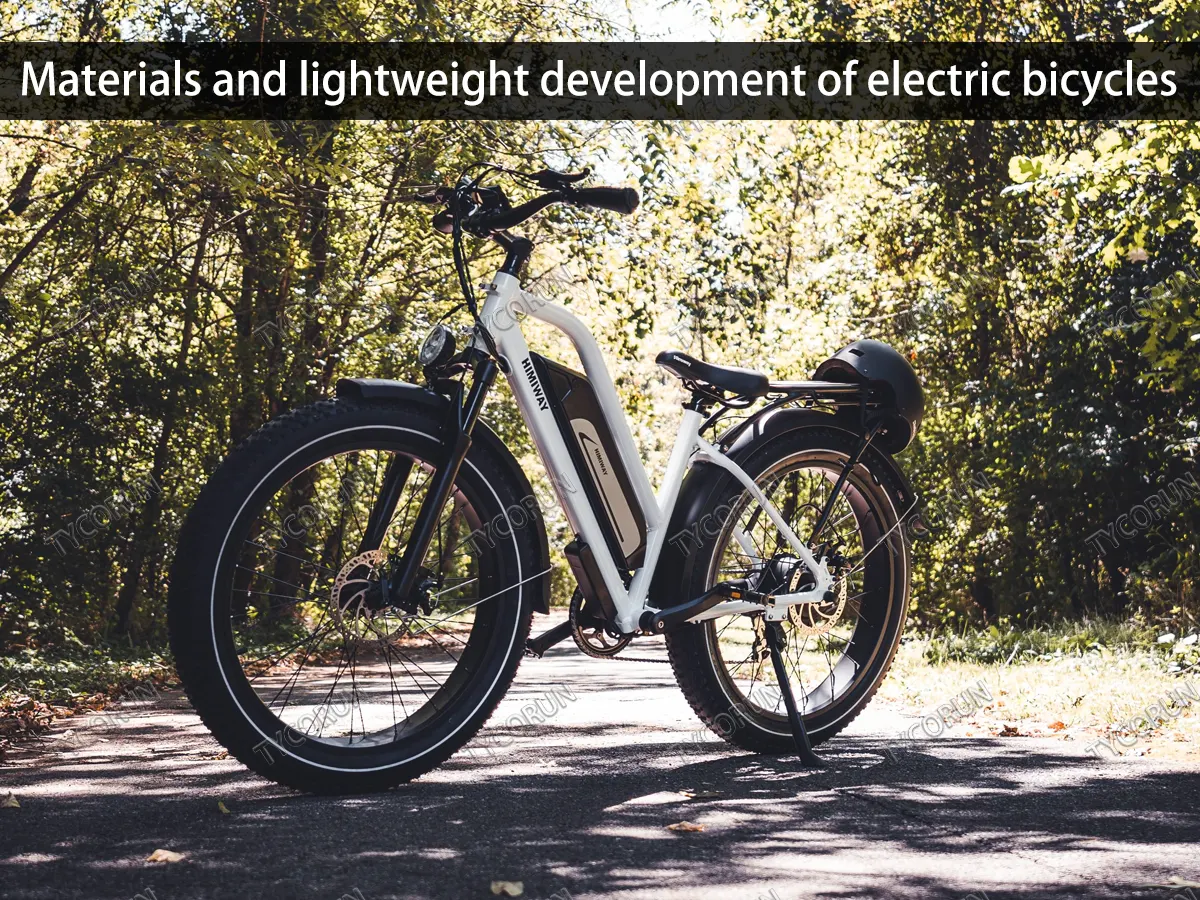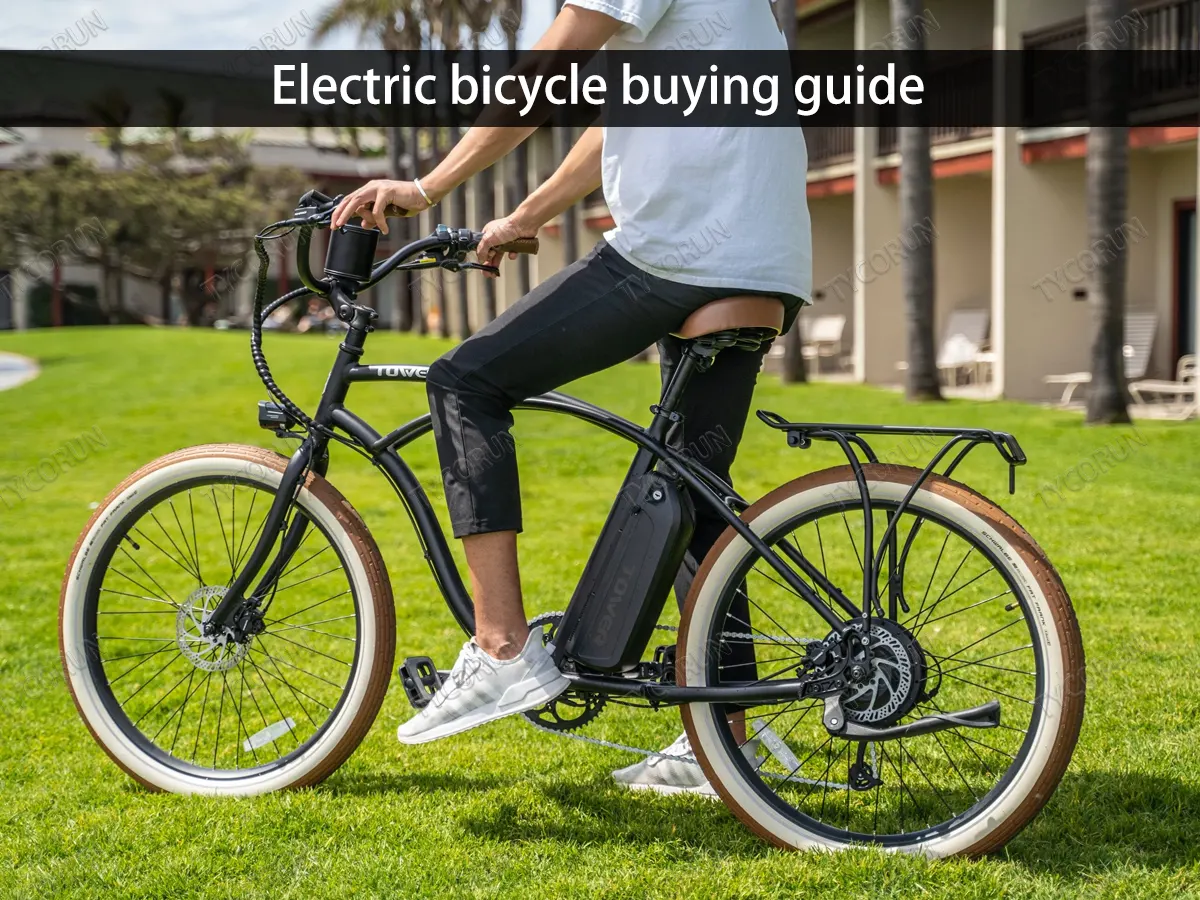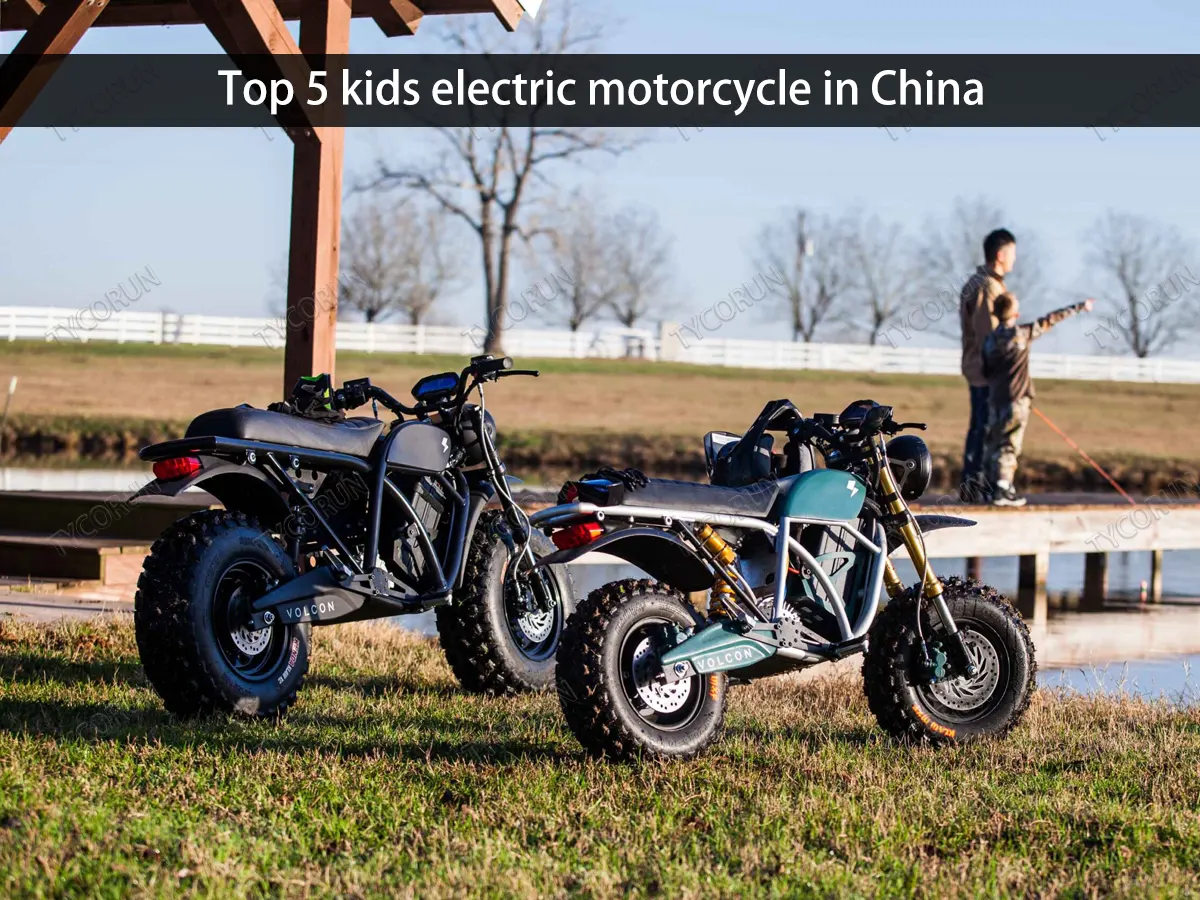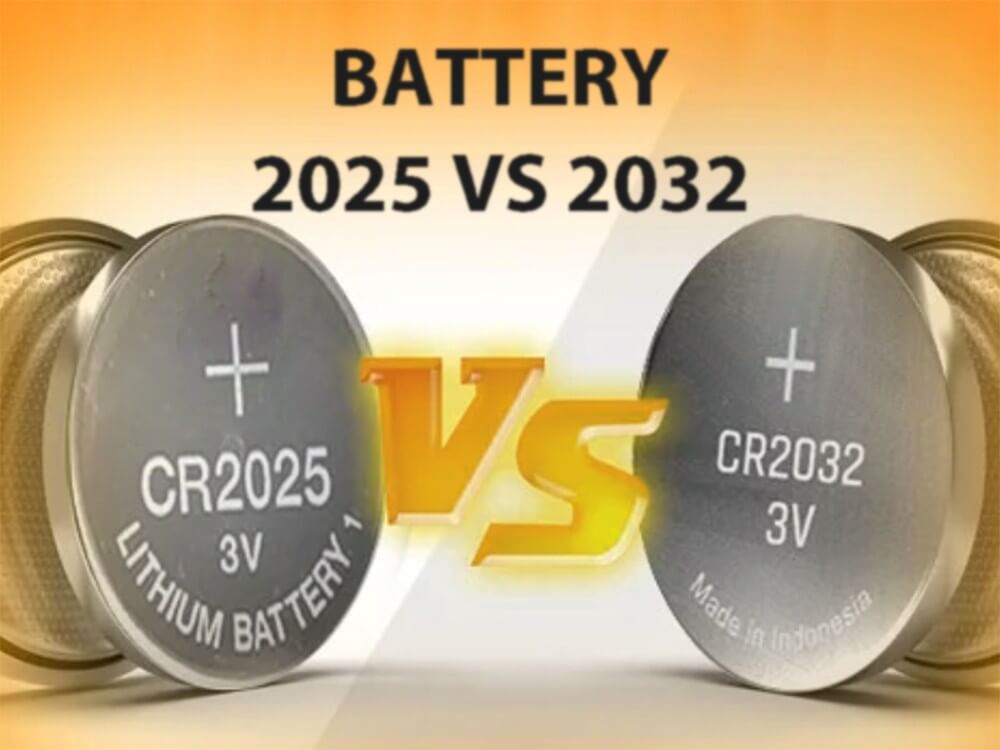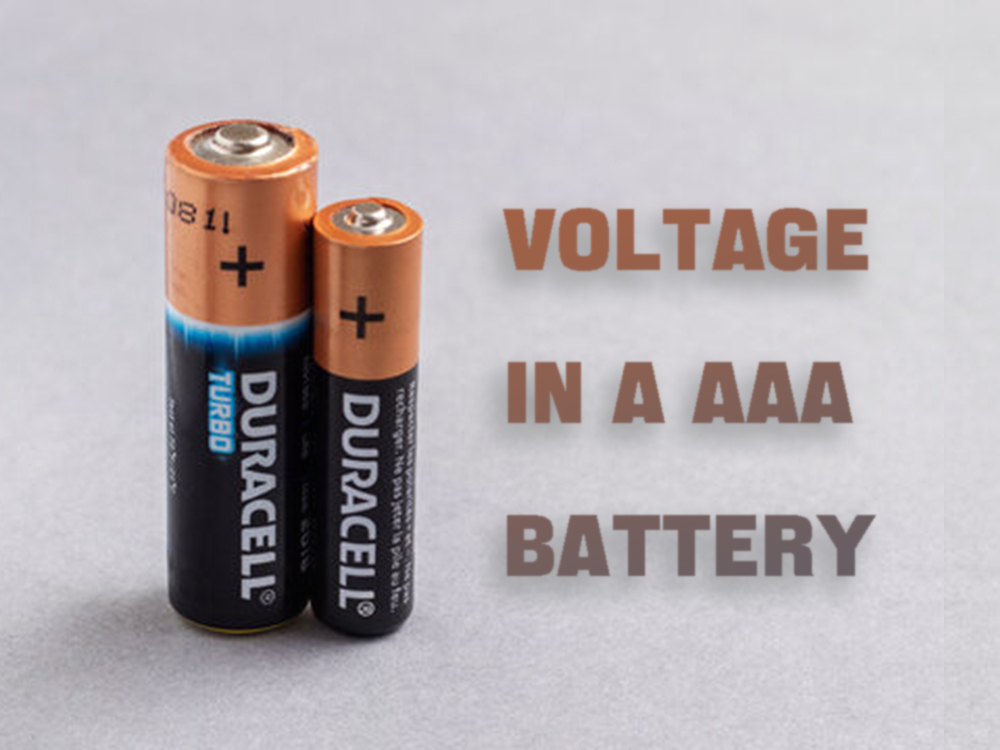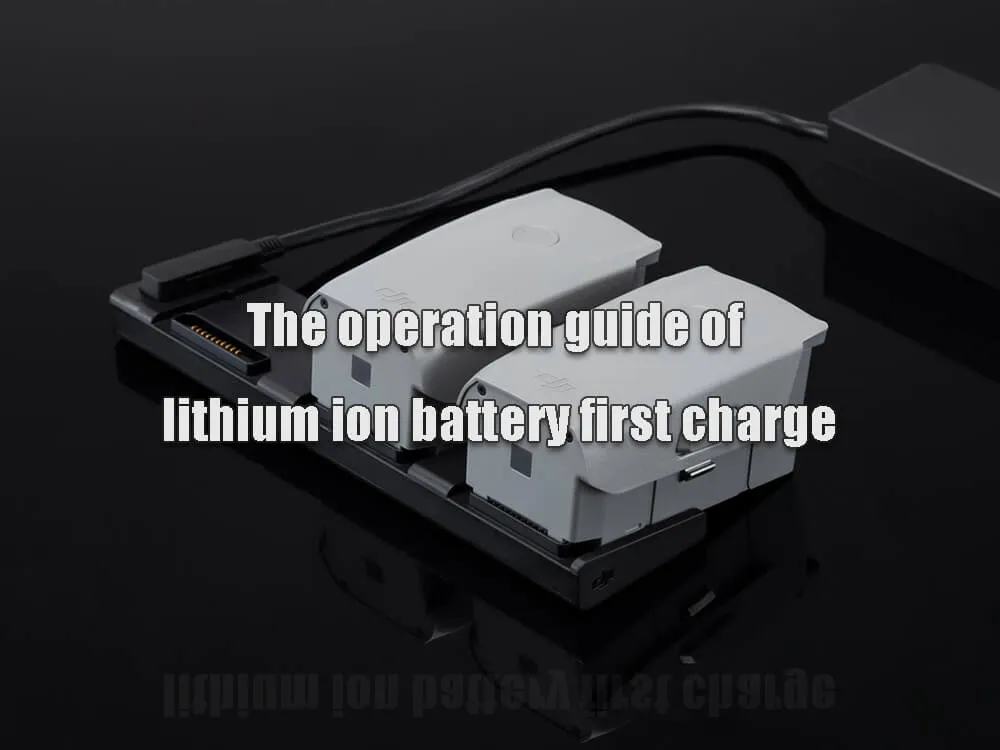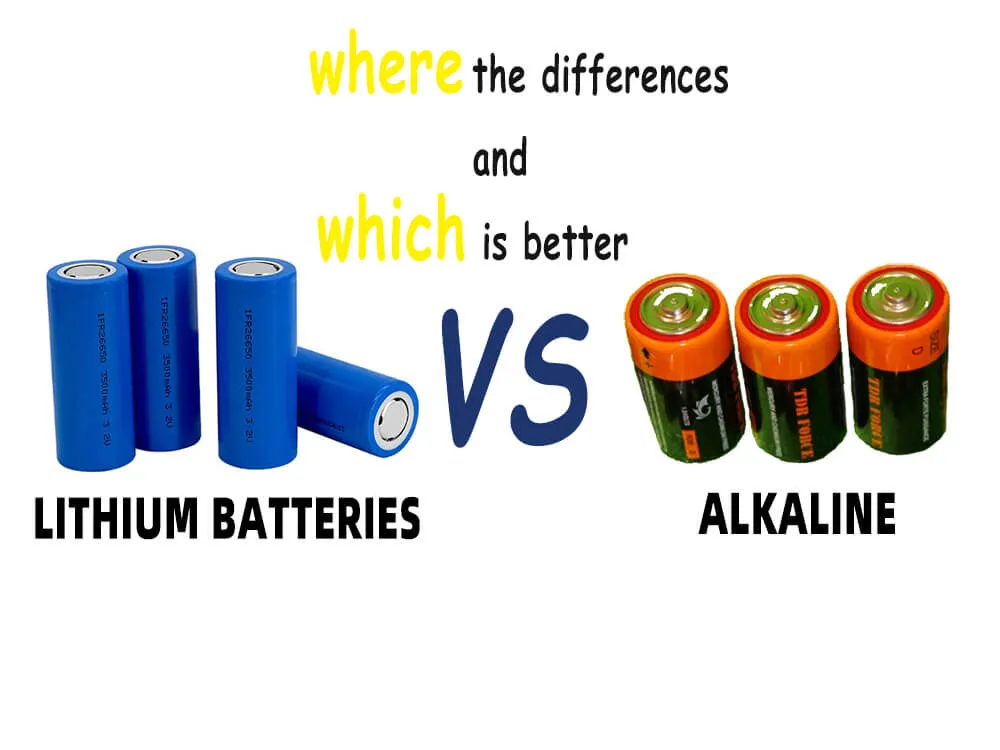What is a dc battery

- Introducción
- Explanation of dc battery
- How does the dc battery work
- The difference between a dc battery and an ac battery
- Pros and cons of dc battery
- Steps to properly use dc battery
- How long does a dc battery last
- What issues will you encounter when using the dc battery
- The common specifications of dc battery
- Range of use of dc battery
- Why do batteries use dc
Introducción
The abbreviation dc represent the meaning of direct current. The direct current flows only in one direction, and the battery provides dc, so dc battery is commonly used in UPS, golf cart, RV and other electronic equipment, such as Batería de litio del SAI, baterías de litio para carritos de golf.This article will go into detail about dc battery.
Explanation of dc battery
Dc, also known as constant current, which is a dc that does not change in size and direction, such as dry cells. Pulsating dc is when the direction (cathode and anode) is constant, but the magnitude changes over time. Even if an ac flow to the electronic equipment, it will convert the ac to dc. A standard lithium ion battery can produce 3.2 volts of direct current. If you want to use a dc battery for your RV, then a 12v dc battery would be ideal.
The reason for producing direct current is the chemical actions of electrochemical and photovoltaic cells and batteries. Dc is the unidirectional movement of electric charge carriers, which are the electrons. In a dc battery, the electrons move towards the cathode pole from the anode pole.
How does the dc battery work
Due to the chemical reaction inside the battery, it transforms chemical energy into electrical energy. The battery will be packed with the chemicals, and with the inner circuits, the battery produces direct current.
The composition of a battery is the anode, cathode, separator and electrolyte. The electrolytes are compounds that are soluble in aqueous solutions or are able to conduct electricity in a molten state, and the anode chemically reacts with the electrolyte and produces electrons, which is the negative part of the battery.
Similarly, the cathode reacts with electrolytes and absorbs electrons, which is the positive side. The electric current starts to flow when the anode is connected to the cathode using a wire.
During this process, the electrons move to the other end.The electrolytes are either liquid or semi-solid and encased in a cell. The chemical reactions in a dc battery are exothermic actions, and as a result, it will produce heat. When you recharge, the battery will undergo a reverse chemical reaction.
But you can recharge a battery for a particular number of recharge cycles. Lithium ion batteries have high cycles, the cycle life reaches 4,000 times.
The difference between a dc battery and an ac battery
The main difference between an ac and dc battery is its current flow directions. In ac (alternating current), the current flow in alternating directions, which means the current changes its flow directions intermittently (backward and forward), and in dc (direct current), the current flows only in one direction.
Generally, the voltage in the use of direct current is relatively low. Chinese home circuits are in the use of 220V AC, industrial use of 380V AC, and high-voltage transmission lines, can reach tens of thousands of volts.
Pros and cons of dc battery
Pros
- DC battery is energy efficient.
- It can use as a rechargeable battery.
- DC batteries can make in small units, making them easy to carry around.
- DC batteries can use to power consumer electronic gadgets.
- Long storage.
- Specific energy.
- Eco friendly.
- Less loss of dc power failure.
Contras
- The battery becomes hot during use.
- Short/Specific power duration.
- Required recharging for continued use.
- Limited cycle.
Steps to properly use dc battery
- Maintain acid/electrolyte levels if you are not using dry cells, only lead-acid batteries will need to do this.
- Do not fully charge the battery if you are using a rechargeable battery.
- Do not let the charge completely drain if you use a rechargeable battery.
- Clean the contact points.
- Do not use it in extremely hot temperatures or expose it to high temperatures.
How long does a dc battery last
The longevity of a battery depends on the power consumption, capacity of the battery, and the most important material of the battery. The battery capacity is measured by Ah marking. If a battery is marked as 1Ah, then it can run for 1 hour, consuming 1 amp.
All dc batteries will have the power specification written in mAH (milliampere-hours). The capacity of lithium ions is generally high in all battery types. The lithium 12v dc battery can have a capacity of 100 ah, 200 ah, and even more capacity in parallel.
The time of a battery cycle can last can calculate using the following formula.
Battery Capacity (Ah)/Load Current (A)
To simplify the calculation, let us assume that if the capacity of the battery 50mAh and the power consumption is 1mA per hour, then the battery will run for 50 hours.
What issues will you encounter when using the dc battery
The main issue while using a dc battery is its capacity limits and durability. In the process of use, because many power equipment is AC, the need to use the inverter. Suppose you have a 12v dc battery with 100Ah, then you can not use the battery to power a higher Ah equipment. The second issue will be the longevity of the battery. You can not use the battery for more than the total A consumption.
You must keep standby units if you are not using a rechargeable battery. If you are using a rechargeable battery, you must recharge it periodically. Similarly, the terminals of the battery must be securely connected. You must maintain the acid level if you are using a lead acid battery, but lithium battery does not.
The common specifications of dc battery
All dc batteries, whether rechargeable or standard, come in four standard sizes: AAA, AA, C, or D. Out of the four, AAA batteries are the smallest in size and power capacity. D cells will be the largest size and can hold more power. Lithium-ion battery is a batería de alto voltaje of a single cell, and in all types, lithium-ion battery is the best dc battery, because of its long cycle life, high energy density, and non-pollution.
| DC Battery Specification | ||||
| Type | Talla | Dimensions (in) | Weight (oz) | Tensión |
| Li-ion | Variable | 3.7 | ||
| NiCad | AA | 0.57×1.99 | 1.20 | |
| NiMH | AA | 0.57×1.99 | 1.25 | |
| Li-Polymer | Variable | 3.7 | ||
| Carbon Zinc | D | 1.34×2.42 | 3.07 | 1.5 |
| Zinc Chloride | D | 1.34×2.42 | 3.74 | 1.5 |
| Alkaline | D | 1.34×2.42 | 4.50 | 1.5 |
| NiCad | D | 1.34×2.42 | 5.30 | 1.25 |
| Carbon Zinc | C | 1.02×1.97 | 1.59 | 1.5 |
| Zinc Chloride | C | 1.02×1.97 | 1.80 | 1.5 |
| Alkaline | C | 1.02×1.97 | 2.20 | 1.5 |
| NiCad | C | 1.02×1.97 | 2.50 | 1.25 |
| Carbon Zinc | AA | 0.57×1.99 | 0.53 | 1.5 |
| Zinc Chloride | AA | 0.57×1.99 | 0.71 | 1.5 |
| Alkaline | AA | 0.57×1.99 | 0.75 | 1.5 |
| NiCad | AA | 0.57×1.99 | 0.85 | 1.25 |
| Zinc Chloride | AAA | 0.41×1.75 | 0.32 | 1.5 |
| Alkaline | AAA | 0.41×1.75 | 0.40 | 1.5 |
| Zinc Chloride | N | 0.47×1.18 | 0.23 | 1.5 |
Range of use of dc battery
The range use of a dc depends on the output capacity of the battery. Its input voltage range is between 5 to 60V dc, and it can have an output capacity up to 50A or more.
Why do batteries use dc
Due to technological limitations, there is no way to keep AC in batteries. The polarity of AC changes up to 50 times in a second. During this time, the cathode and anode terminals also change, but it is practically impossible to change the battery terminals.
Dc has no such issues as the current flow in the same direction without any changes. Because of this reason 12v dc battery is preferred by RV users, motor boats, and automobiles. The dc battery is also predominantly using consumer electronics. Dc can store as a standalone unit and recharge to meet the power requirements.

